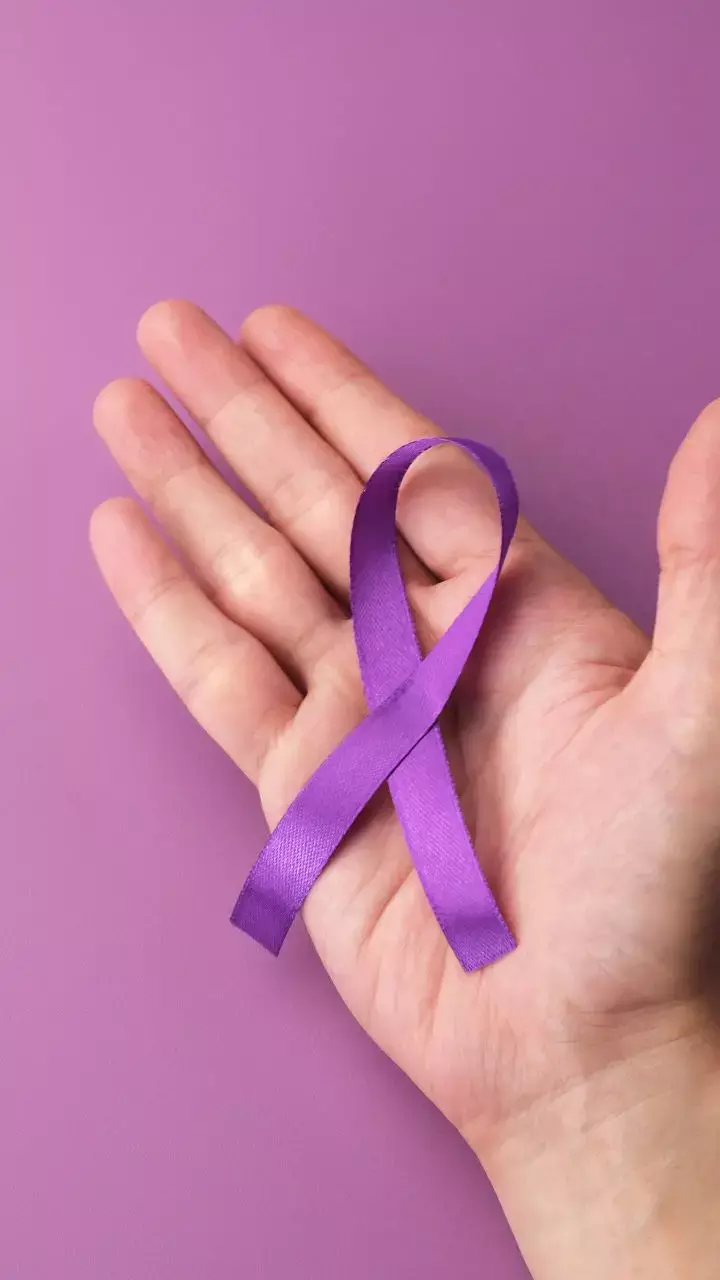- Home
- Medical news & Guidelines
- Anesthesiology
- Cardiology and CTVS
- Critical Care
- Dentistry
- Dermatology
- Diabetes and Endocrinology
- ENT
- Gastroenterology
- Medicine
- Nephrology
- Neurology
- Obstretics-Gynaecology
- Oncology
- Ophthalmology
- Orthopaedics
- Pediatrics-Neonatology
- Psychiatry
- Pulmonology
- Radiology
- Surgery
- Urology
- Laboratory Medicine
- Diet
- Nursing
- Paramedical
- Physiotherapy
- Health news
- Fact Check
- Bone Health Fact Check
- Brain Health Fact Check
- Cancer Related Fact Check
- Child Care Fact Check
- Dental and oral health fact check
- Diabetes and metabolic health fact check
- Diet and Nutrition Fact Check
- Eye and ENT Care Fact Check
- Fitness fact check
- Gut health fact check
- Heart health fact check
- Kidney health fact check
- Medical education fact check
- Men's health fact check
- Respiratory fact check
- Skin and hair care fact check
- Vaccine and Immunization fact check
- Women's health fact check
- AYUSH
- State News
- Andaman and Nicobar Islands
- Andhra Pradesh
- Arunachal Pradesh
- Assam
- Bihar
- Chandigarh
- Chattisgarh
- Dadra and Nagar Haveli
- Daman and Diu
- Delhi
- Goa
- Gujarat
- Haryana
- Himachal Pradesh
- Jammu & Kashmir
- Jharkhand
- Karnataka
- Kerala
- Ladakh
- Lakshadweep
- Madhya Pradesh
- Maharashtra
- Manipur
- Meghalaya
- Mizoram
- Nagaland
- Odisha
- Puducherry
- Punjab
- Rajasthan
- Sikkim
- Tamil Nadu
- Telangana
- Tripura
- Uttar Pradesh
- Uttrakhand
- West Bengal
- Medical Education
- Industry
Late noon chemotherapy reduces toxicity and improves survival in diffuse large B cell lymphoma patients

Chronotherapy is a drug intervention at specific times of the day to optimize efficacy and minimize adverse effects. Its value in hematologic malignancy remains to be explored, in particular in adult patients.
A new study by Dae Wook Kim and team showed that rituximab plus cyclophosphamide, doxorubicin, vincristine, and prednisone (R-CHOP) medication given in the late afternoon to diffuse large B cell lymphoma (DLBCL) female patients can lessen toxicity while increasing effectiveness and survival rates.
The findings of the study have been published in The Journal of Clinical Investigation.
Drugs are administered during specified times of the day during chronotherapy to maximize effectiveness and reduce side effects. Its use in hematologic malignancy is still being investigated, especially in patients who are adults. In order to determine if chronomodulated immunochemotherapy may be used to treat diffuse large B cell lymphoma (DLBCL), this study was conducted.
Chronotherapeutic analysis was done on two cohorts of diffuse large B cell lymphoma (DLBCL) patients who were receiving treatment on a dichotomized schedule (morning or afternoon). In a survival cohort (n = 210) and an adverse event cohort (n = 129), respectively, the impact of a morning or afternoon regimen of rituximab with doxorubicin, cyclophosphamide, vincristine, and prednisone (R-CHOP) on survival and medication tolerance was assessed. Analysis of circadian fluctuation in hematologic markers was performed on about 14,000 healthy people.
The key findings of this study were:
Female patients' progression-free survival (PFS) and overall survival (OS), but not male patients', were both noticeably reduced when chemotherapy was administered mostly in the morning.
Female patients treated in the morning had lower dosage intensities (cyclophosphamide 10%; doxorubicin 8%; and rituximab 7%; P = 0.002, 0.002, and 0.003, respectively). This was mostly due to infection and neutropenic fever: those who were treated in the morning had a greater frequency of infections (16.7% vs. 2.4%), as well as febrile neutropenia (20.8% vs. 9.8%).
The greater daily variability of circulating leukocytes and neutrophils in female patients than in male patients can be used to explain the sex-specific chronotherapeutic effects.
In conclusion, overall, this study investigated whether sex-oriented chronotherapy may be used as an alternate axis to supplement DLBCL frontline therapy. For the best administration of chemotherapy and the greatest response, female patients should, if at all possible, avoid having R-CHOP in the morning.
Reference:
Kim, D. W., Byun, J. M., Lee, J.-O., Kim, J. K., & Koh, Y. (2023). Chemotherapy delivery time affects treatment outcomes of female patients with diffuse large B cell lymphoma. In JCI Insight (Vol. 8, Issue 2). American Society for Clinical Investigation. https://doi.org/10.1172/jci.insight.164767
Neuroscience Masters graduate
Jacinthlyn Sylvia, a Neuroscience Master's graduate from Chennai has worked extensively in deciphering the neurobiology of cognition and motor control in aging. She also has spread-out exposure to Neurosurgery from her Bachelor’s. She is currently involved in active Neuro-Oncology research. She is an upcoming neuroscientist with a fiery passion for writing. Her news cover at Medical Dialogues feature recent discoveries and updates from the healthcare and biomedical research fields. She can be reached at editorial@medicaldialogues.in
Dr Kamal Kant Kohli-MBBS, DTCD- a chest specialist with more than 30 years of practice and a flair for writing clinical articles, Dr Kamal Kant Kohli joined Medical Dialogues as a Chief Editor of Medical News. Besides writing articles, as an editor, he proofreads and verifies all the medical content published on Medical Dialogues including those coming from journals, studies,medical conferences,guidelines etc. Email: drkohli@medicaldialogues.in. Contact no. 011-43720751


